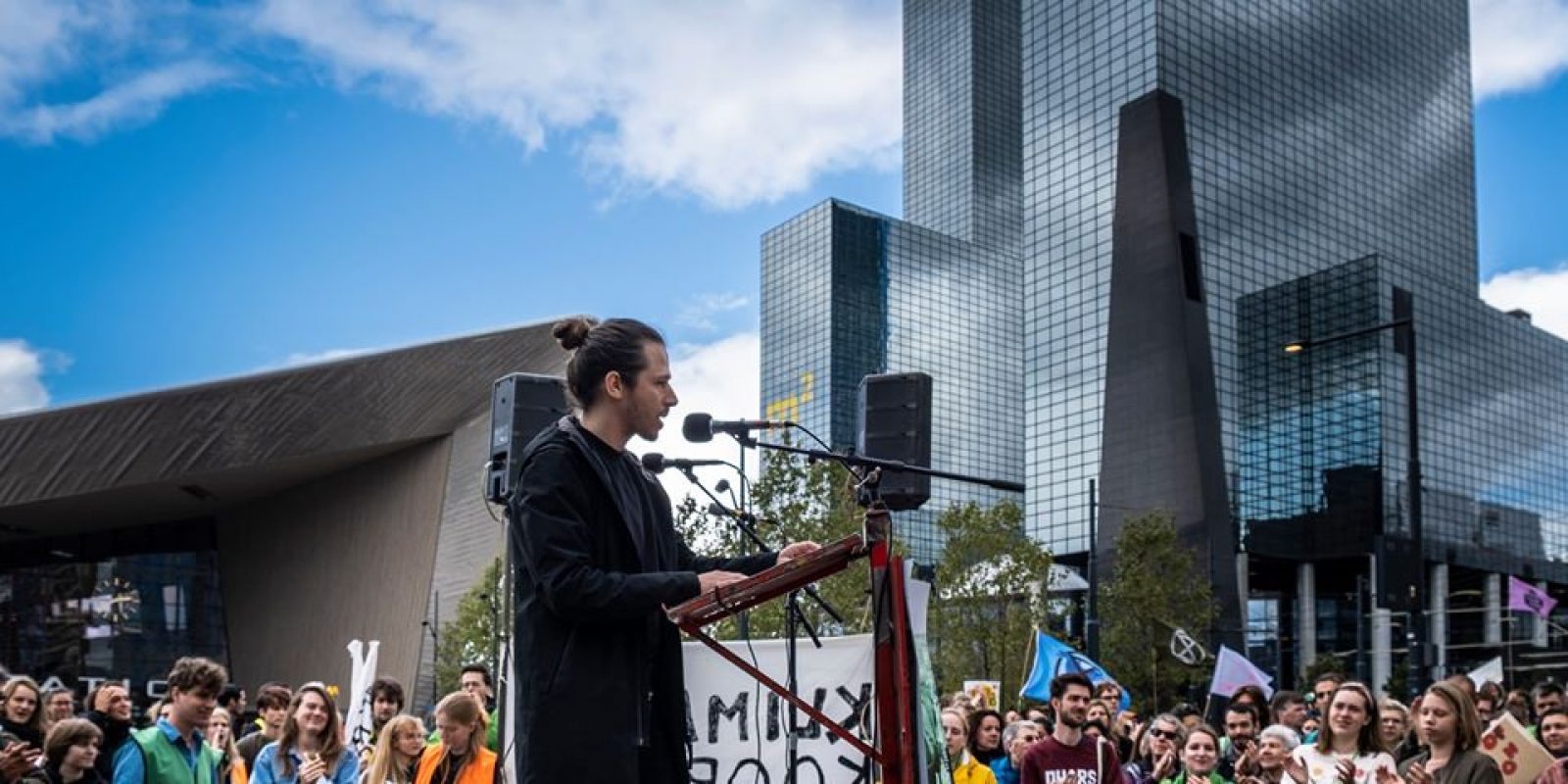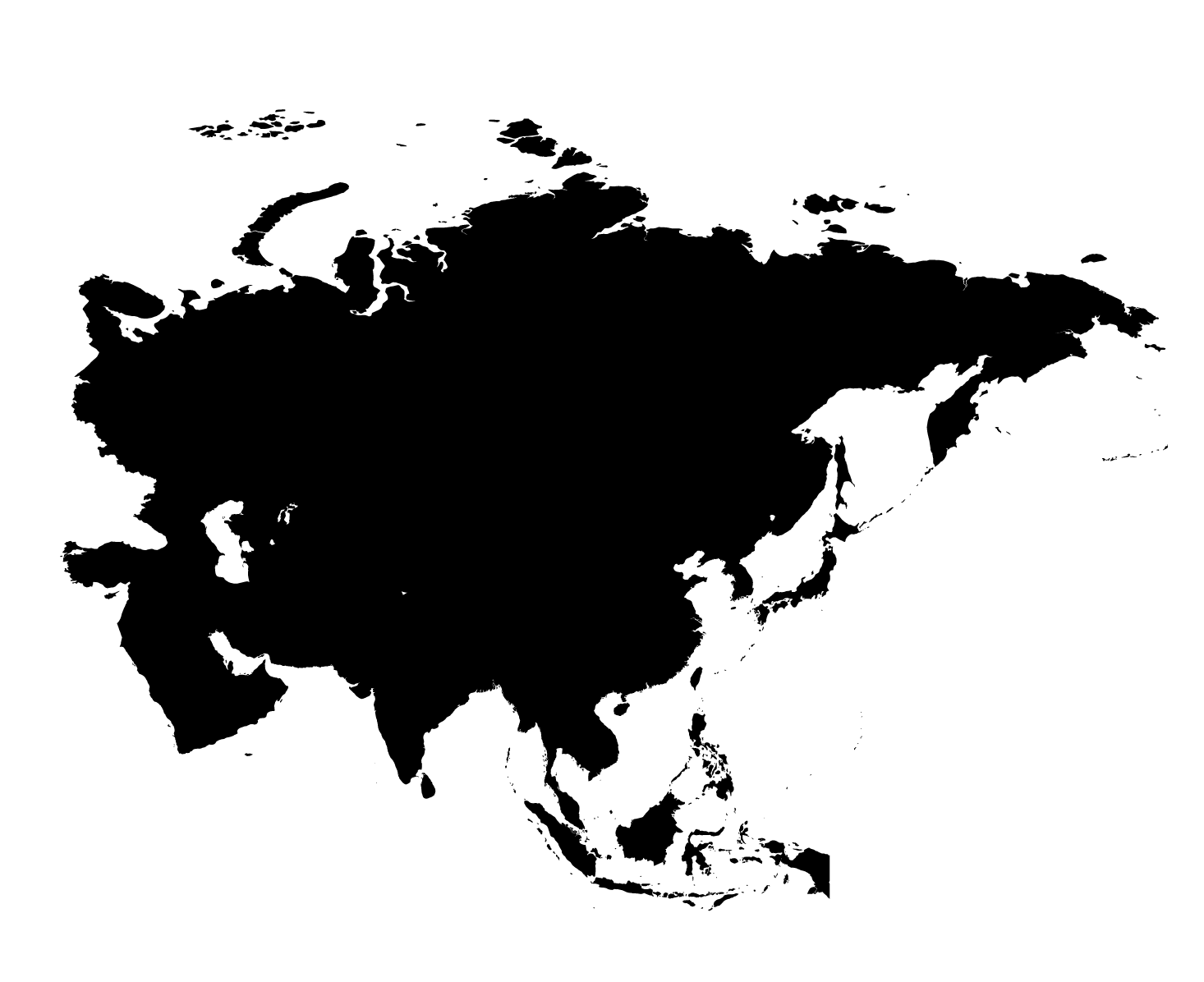Vatan Hüzeir is a PhD student on international climate activism at the Erasmus University in Rotterdam. He is an activist himself and the founder of climate think-tank Changerism. This article is based on his contribution to our series “New activist perspectives on COVID-19”. Curious for more? Check our social media for new content! Also: consider becoming a donor, and support activists and social movements in these dangerous times.

A crises-spawning social system: on the relation between the COVID-19 pandemic and the climate crisis
Activist perspectives on COVID-19

The COVID-19 pandemic shows that fundamental change is necessary. But it depends on the actions that are taken now if we will be able to create a better society. . Read more...
donate nowCOVID-19 and climate breakdown: two crises of the system
To relate the corona crisis to the climate crisis means to critically reflect on the relationship they both have with the design of our social system. I mean with this that both crises teach us that there are risks to how we organise structures such as the economy, the law, politics, et cetera but also cultural values and norms, as well as social practices. So both crises are fruits of our systemic configuration.
In the case of the corona crisis, for many years scientists and activists have warned for the ‘pandemic time bomb’ of an expanding, unbridled global economy along with certain ethical codes on human-animal interaction. An important example of this is the increase of concentrated live animal trade and intensive livestock farming. In the case of climate breakdown scientists and activists also point to systemic risks. Think of fossil fuel subsidies, tax exemptions for CO2-emissions and kerosene, corporate lobbying, an overrepresentation in media of doubts on climate change, or the cultural celebration of fossil fuel companies like Shell, ExxonMobil, and Chevron.
Now these crises-spawning aspects of our social system are maintained by political leaders who in designing them have historically prioritised the human urge for satisfaction while delegating as mere afterthoughts natural processes and limits. Both crises show that this priority in social system design must change, so that the natural world is taken into account far more centrally than ever since the industrial age.
The danger of returning to business as usual
So if the climate crisis is a product of the social system, let’s use the pandemic to deepen our knowledge on the exact relationships between system and climate and then use them in our future actions. Let’s question: who are doing what to keep the system ill-configured to counter climate breakdown? And who isn’t doing enough but should do more? And how can we radically intervene there where it matters most? How can we plan radical intervention together with those who also wage systemic battles such as anti-racists and feminists? Now is a perfect time to meditate on such questions.
So that is what we can do. Just as important is what we should definitely not do. And that is to sit back and hope this pandemic somehow engenders some social system that automatically stops global warming. Such a position is extremely naive and counterproductive. After all, what is already occurring is that incumbent entities with vested interests in the status quo are exploiting it to further benefit their bottom line. The aviation industry, which made and makes both the corona and the climate crisis worse, is already banging at the door of politics for bailouts without them being demanded climate-proof capital expenditure plans. The oil industry is already using the pandemic to push through fossil fuel infrastructure, endangering indigenous communities. Major banks are already planning ownership of oil and gas reserves to later trade them for profit. So if there is any ‘automatic’ fallout of the pandemic at all, it will not be a magical restoration of fundamental care for the commons. If anything, it is that the business-as-usual – what got us here to begin with – never lost any traction. Unless, of course, we do something about it.
The need for a radical break from the status quo
If institutionalised politics plays an important role in producing and reproducing the status quo, one suggestion is to radically intervene right there. A practical option that comes to mind is to combine on the one hand, Greta’s Thunberg’s weekly request at parliament for more progressive climate action and on the other hand, Extinction Rebellion’s massive blockades of public space. They could be fused. A logical next step at this point could be to carry out reoccurring blockades, yes, but to focus those at political institutions.
In whatever way we do intervene, an important pandemic-lesson is extremely emboldening, and it is this: Money is not an issue. To pay for corona crisis measures governments and central banks have simply willed into existence unprecedented amounts of money. Trillions are being created with the press of a button. So opponents of climate action have lost the money argument for political inertia. From now on we should never accept that we don’t have money to secure our existence.
Of course there are more ways to radically intervene in politics. Why for example not represent ourselves politically? But the take away point is that the pandemic proves that failure to address an existential threat is, in fact, an option. And this failure reminds us we have to continuously demand a radical break from the status quo so that we don’t fail our future.
Support Het Actiefonds with 10 euros a month and make actions happen worldwide
donate now